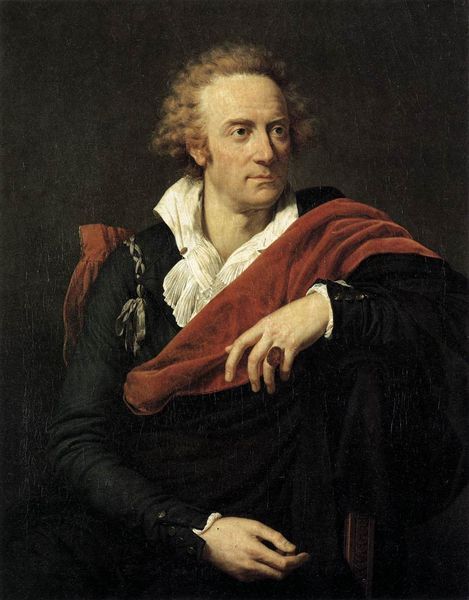
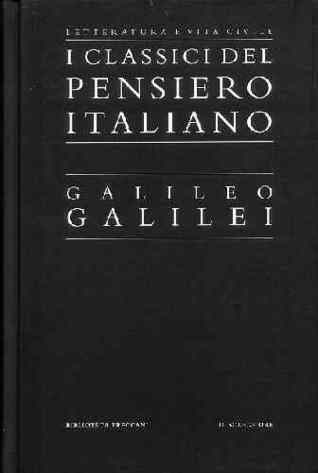
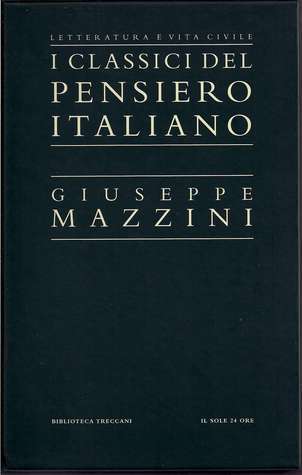
Books in series

I classici del Pensiero Italiano - Niccolò Machiavelli
2006

I classici del pensiero italiano - Galileo Galilei
2006

I classici del Pensiero Italiano - Giuseppe Mazzini
2006
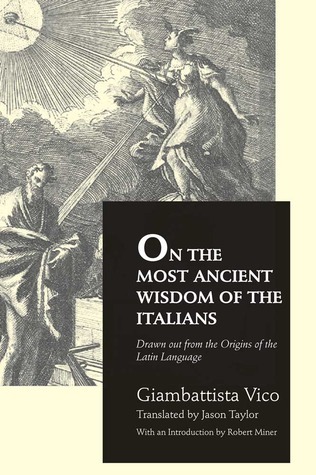
On the Most Ancient Wisdom of the Italians
1988
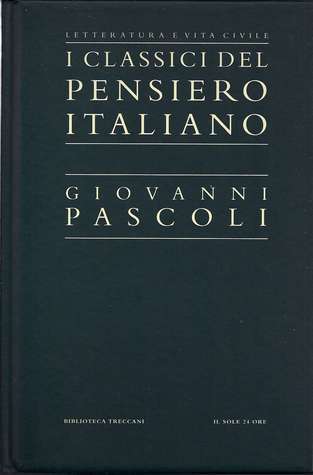
I classici del Pensiero Italiano - Giovanni Pascoli
2006
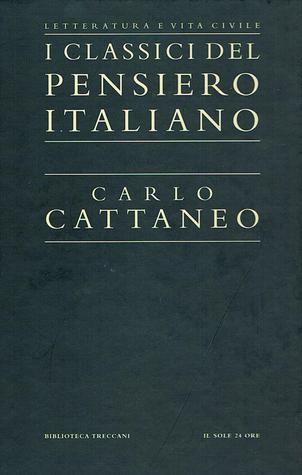
I classici del Pensiero Italiano - Carlo Cattaneo
2006
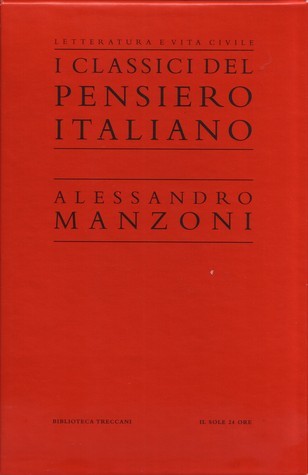
I classici del pensiero italiano 10
Alessandro Manzoni
2006
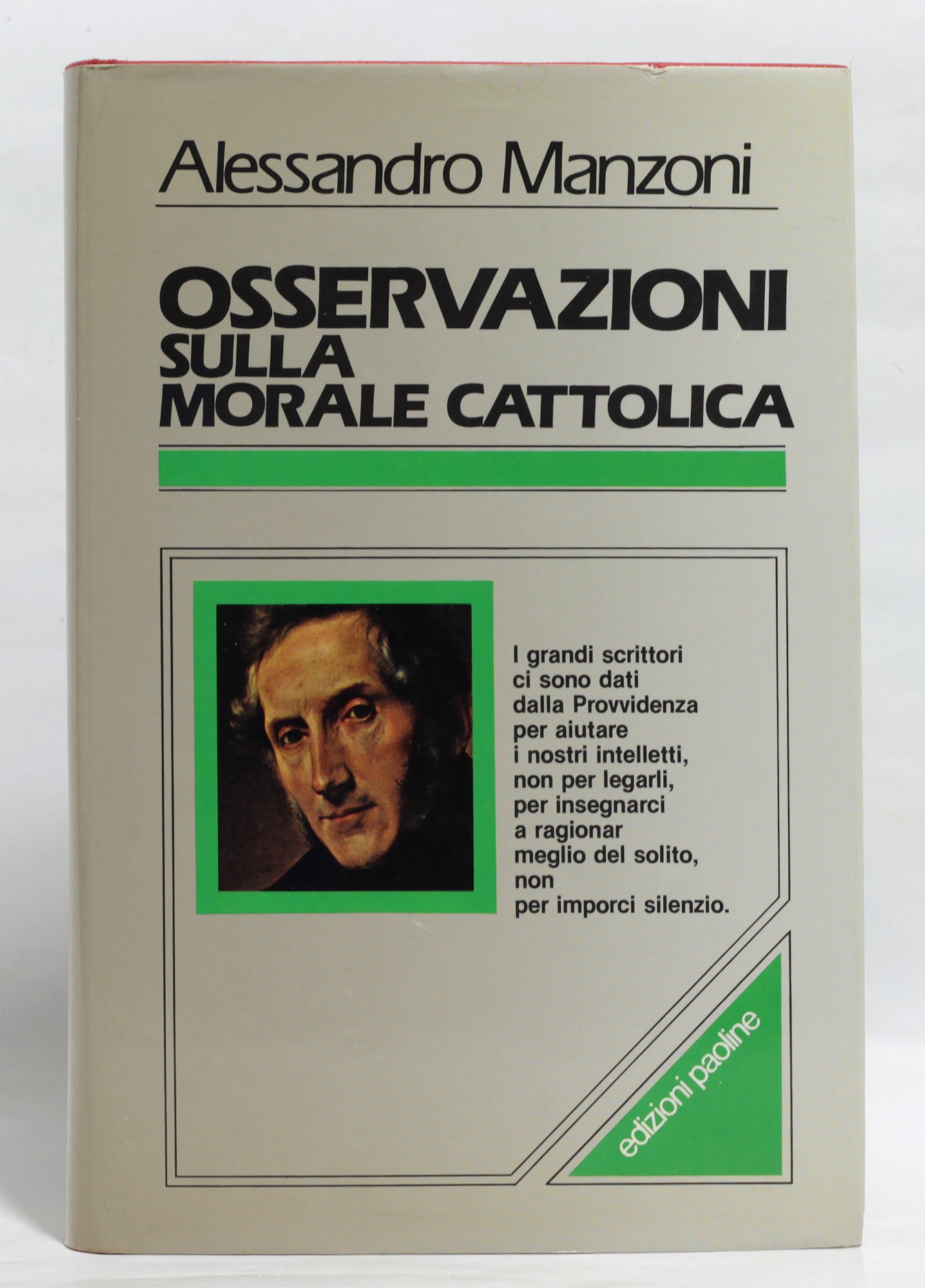
Osservazioni sulla morale cattolica (Classici del pensiero cristiano)
1819

I classici del Pensiero Italiano - Vittorio Alfieri
2006
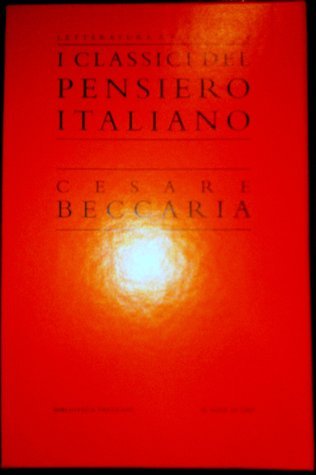
I classici del Pensiero Italiano - Cesare Beccaria
Riformatori lombardi, piemontesi e toscani
2006
Authors
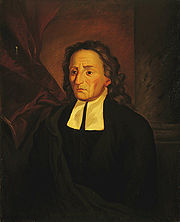
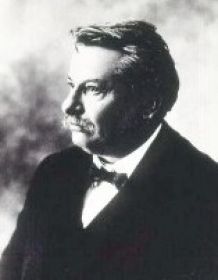
Giovanni Pascoli (San Mauro di Romagna, 31 dicembre 1855 – Bologna, 6 aprile 1912) è stato un poeta e accademico italiano, figura emblematica della letteratura italiana di fine Ottocento. Pascoli, nonostante la sua formazione eminentemente positivistica, è insieme a Gabriele D'Annunzio il maggior poeta decadente italiano. Dal Fanciullino, articolo programmatico pubblicato per la prima volta nel 1897, emerge una concezione intima e interiore del sentimento poetico, orientato alla valorizzazione del particolare e del quotidiano, e al recupero di una dimensione infantile e quasi primitiva. D'altra parte, solo il poeta può esprimere la voce del "fanciullino" presente in ognuno: quest'idea consente a Pascoli di rivendicare per sé il ruolo, per certi versi ormai anacronistico, di "poeta vate", e di ribadire allo stesso tempo l'utilità morale (specialmente consolatoria) e civile della poesia. « Il poeta è poeta, non oratore o predicatore, non filosofo, non istorico, non maestro, non tribuno o demagogo, non uomo di stato o di corte. E nemmeno è, sia con pace del maestro Giosuè Carducci, un artiere che foggi spada e scudi e vomeri; e nemmeno, con pace di tanti altri, un artista che nielli e ceselli l'oro che altri gli porga. A costituire il poeta vale infinitamente più il suo sentimento e la sua visione, che il modo col quale agli altri trasmette l'uno e l'altra [...] » (G. Pascoli - da Il fanciullino) Pur non partecipando attivamente ad alcun movimento letterario dell'epoca, né mostrando particolare propensione verso la poesia europea contemporanea (al contrario di D'Annunzio), Pascoli manifesta nella propria produzione tendenze prevalentemente spiritualistiche e idealistiche, tipiche della cultura di fine secolo segnata dal progressivo esaurirsi del positivismo. Complessivamente la sua opera appare percorsa da una tensione costante tra la vecchia tradizione classicista ereditata dal maestro Giosuè Carducci, e le nuove tematiche decadenti. Risulta infatti difficile comprendere il vero significato delle sue opere più importanti, se si ignorano i dolorosi e tormentosi presupposti biografici e psicologici che egli stesso riorganizzò per tutta la vita, in modo ossessivo, come sistema semantico di base del proprio mondo poetico e artistico. From: https://it.m.wikipedia.org/wiki/Giova... http://en.wikipedia.org/wiki/Giovanni...

Galileo Galilei was a Tuscan (Italian) physicist, mathematician, astronomer, and philosopher who played a major role in the Scientific Revolution. His achievements include improvements to the telescope and consequent astronomical observations, and support for Copernicanism. Galileo has been called the "father of modern observational astronomy", the "father of modern physics", the "father of science", and "the Father of Modern Science." The motion of uniformly accelerated objects, taught in nearly all high school and introductory college physics courses, was studied by Galileo as the subject of kinematics. His contributions to observational astronomy include the telescopic confirmation of the phases of Venus, the discovery of the four largest satellites of Jupiter, named the Galilean moons in his honour, and the observation and analysis of sunspots. Galileo also worked in applied science and technology, improving compass design. Galileo's championing of Copernicanism was controversial within his lifetime. The geocentric view had been dominant since the time of Aristotle, and the controversy engendered by Galileo's presentation of heliocentrism as proven fact resulted in the Catholic Church's prohibiting its advocacy as empirically proven fact, because it was not empirically proven at the time and was contrary to the literal meaning of Scripture. Galileo was eventually forced to recant his heliocentrism and spent the last years of his life under house arrest on orders of the Roman Inquisition.

The Betrothed (1825-1827), novel of Italian writer Alessandro Manzoni, greatly influenced fiction and served as the basis for several operas and films. Work of this famous poet generally ranks among the masterpieces of world literature. This fundamental milestone in the development of the modern, unified language also symbolized the Risorgimento for its patriotic message. https://en.wikipedia.org/wiki/Alessan...
